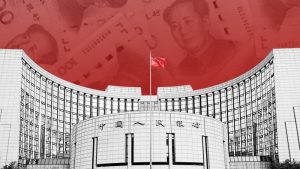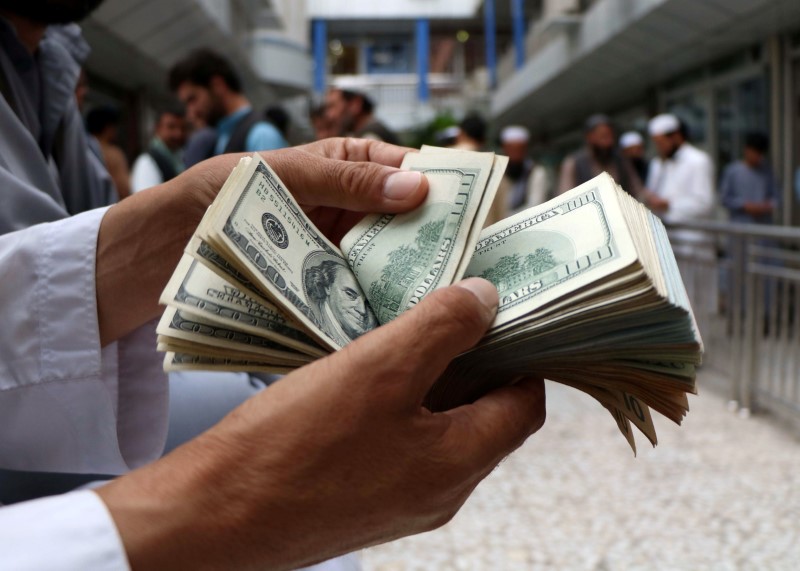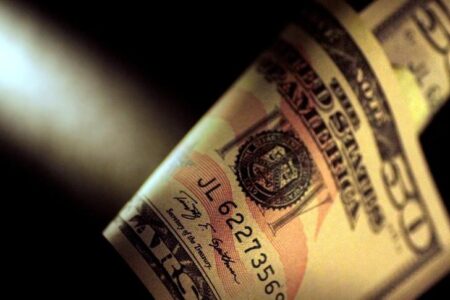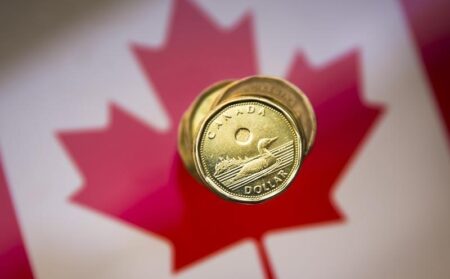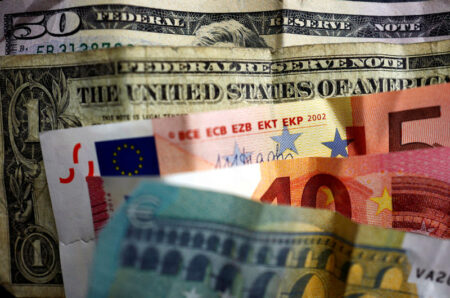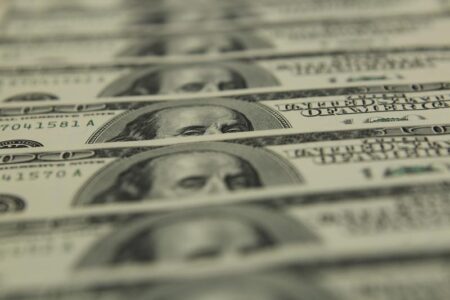The Kenyan shilling has been under significant stress due to an oversupply of dollars, leading to its devaluation and trading at Sh150 per U.S dollar. The situation has been aggravated by capital outflows as major economies increase base lending rates to mitigate inflation. Importers seeking dollars further exacerbate the situation, as reported by Capital Business Today.
CBK Governor Kamau Thugge acknowledged this ‘artificial strength’ of the Kenyan shilling which has caused a decrease in international reserves since last year, leading to the currency’s heaviest plunge in years. Thugge attributes this to imbalances between foreign and domestic capital inflows over time, causing exchange rate pressure.
In a meeting with the Kimani Kuria-led Parliamentary Finance and National Planning Committee, Thugge outlined the need for structural reforms to address this dollar oversupply. He proposed reducing imports from 13.2% to 11.4%, increasing exports, and encouraging indirect foreign investments for tourism enhancement and better foreign currency flow.
Despite attracting only 1.7% of its GDP from foreign investments, Kenya managed Sh1.3 billion in returns during 2022-2023, half of Tanzania’s travel receipt earnings. Investment in Medical Tourism was suggested to increase reserve flow.
Thugge’s upcoming meeting with the IMF in late October will focus on additional financial reforms and debt financing, aiming to address the current predicament marked by depreciation slowdown from June to September, worsened by dwindling international reserves due to shilling-dollar exchange rate overvaluation.
This article was generated with the support of AI and reviewed by an editor. For more information see our T&C.
Read the full article here

